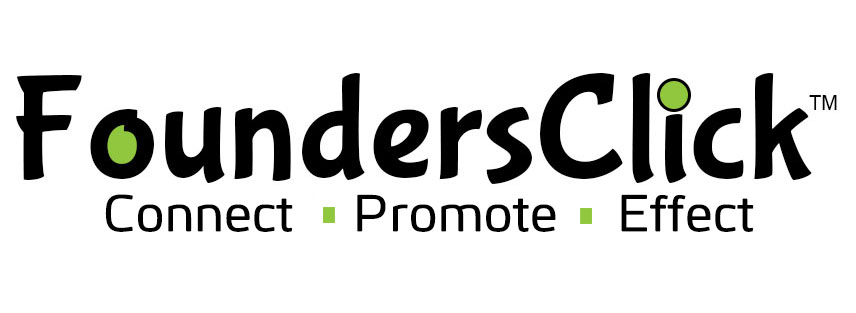I. Introduction to C++ Programming Language
- Briefly explain what C++ is and its importance in programming
- Discuss the benefits of using C++ for various applications
II. What is C++?
- Define C++ and its key features (object-oriented, compiled language, etc.)
- Explain the history and evolution of C++
III. Basic Concepts in C++
- Discuss basic concepts in C++, including:
- Variables and data types
- Operators and expressions
- Control structures (if-else, loops, etc.)
- Functions and function overloading
IV. Object-Oriented Programming in C++
- Discuss OOP concepts in C++, including:
- Classes and objects
- Inheritance and polymorphism
- Encapsulation and abstraction
V. C++ Applications
- Discuss various applications of C++, including:
- Operating systems and device drivers
- Games and game engines
- Financial applications and high-performance computing
- Embedded systems and robotics
VI. C++ Standard Library
- Discuss the C++ Standard Library, including:
- Containers (vectors, lists, maps, etc.)
- Algorithms (sorting, searching, etc.)
- Input/output and file handling
VII. Best Practices for C++ Programming
- Discuss best practices for C++ programming, including:
- Writing efficient and readable code
- Using const correctness and smart pointers
- Avoiding common pitfalls and errors
VIII. Resources for Learning C++
- Provide resources for learning C++, including:
- Online tutorials and courses
- Books and documentation
- Communities and forums
IX. Conclusion
- Summarize the importance of C++ and its applications
- Encourage readers to continue learning C++.
X. Getting Started with C++
- Provide guidance for readers to get started with C++, including:
- Installing a C++ compiler (GCC, etc.)
- Choosing a C++ IDE or text editor
- Starting with simple projects and exercises

 SkillClick
SkillClick
